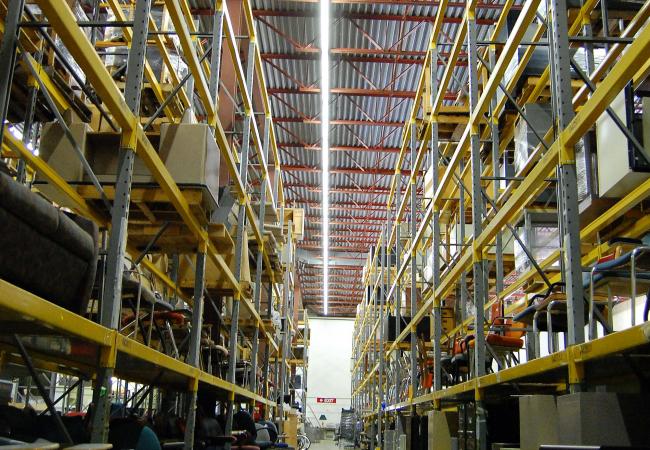Southern Africa is dubbed as the next growth frontier by global prospects – a declaration reflected in the 9th State of Logistics Survey, compiled by the Southern African Council for Scientific and Industrial Research, which reports that foreign direct investment in sub-Saharan Africa has increased from US $29-billion in 2010 to US $37-billion in 2011.
What is Needed?
A major requirement for the realisation of economic growth is the establishment of a resilient supply chain. To ensure supply chain resilience, Southern Africa’s logistics industry needs to progress to tackle challenges and hurdles and grasp opportunities for growth.
A current obstacle in the Southern African environment is the lack of global third-party logistics (3PL) providers to ensure participation of its economies in global trade. Africa’s participation in global trade is negligible and reportedly less than 5 %.
Global 4PL providers Needed
While there are many strong regional 4PL providers, the pool of qualified partners shrinks dramatically when looking for continent-wide, or global, coverage, which could drastically increase opportunities for global trade. This shortage results in shippers having to contract with multiple providers to accomplish their goals, contributing to higher costs and less focus on their account, not to mention inhibiting their ability to fully outsource logistics responsibilities.
The Lead Logistics Provider model solves these challenges and is often referred to as a 4PL model; it is a scenario where the shipper employs a primary outsourcing partner to serve as the Lead Logistics Provider (LLP). The responsibilities go well beyond traditional 3PL tasks and expand into broader activities such as the development of a logistics strategy and supply chain system analysis, design and planning.
Visit dovetail.co.za on Monday March 31 to download the 4PL white paper

